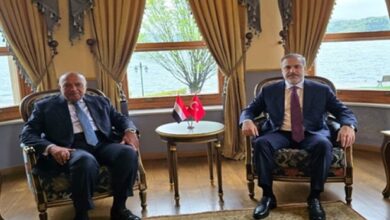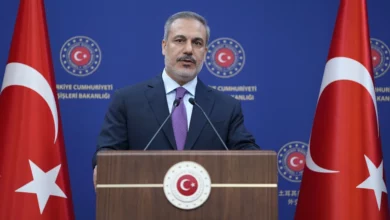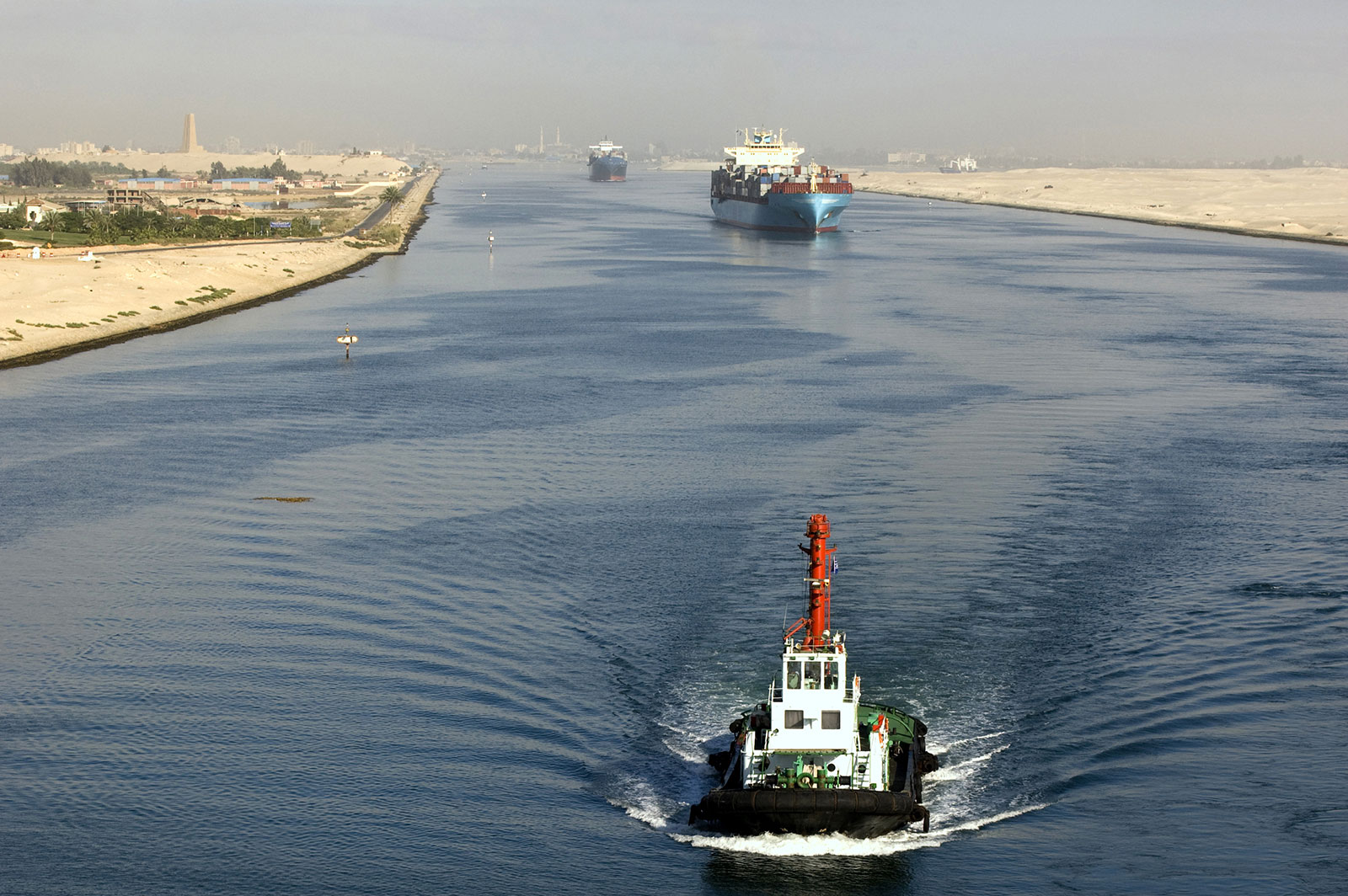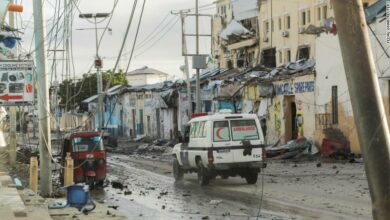AMMAN – Syrian forces backed by tanks and helicopters stormed into the central town of Rastan on Tuesday to crush army deserters who are fighting back after months of mostly peaceful protests against President Bashar al-Assad, residents said.
Dozens of armored vehicles entered the town of 40,000, which lies on the highway to Turkey near the city of Homs, after tanks and helicopters pounded it with heavy machineguns through the hours of darkness.
"Tanks closed in on Rastan overnight and the sound of machineguns and explosions has been non-stop. They finally entered this morning," said a resident named Abu Qassem.
Hundreds of soldiers who have refused orders to fire on protesters have formed the Khaled Bin al-Walid battalion, named after the Arab conqueror of Syria, in Rastan. The force, led by Captain Abdelrahman Sheikh, has some tanks. Colonel Riad al-Assad, the most senior military defector, is active in the area.
The rebel soldiers have attacked army buses and roadblocks manned by troops and pro-Assad militiamen, known 'shabbiha'. These have multiplied in recent days as security forces try to disrupt protests and hunt down activists in the Rastan area.
The region around Homs and the adjoining province of Idlib on the border with Turkey have emerged as hotspots of armed resistance, although the bulk of the armed forces, commanded by officers from Assad's Alawite minority, has remained loyal.
The United Nations says more than 2,700 Syrians, including 100 children, have been killed in a six-month-old revolt against 41 years of Assad family rule in a mostly Sunni nation of 20 million. The government blames the violence on armed gangs, who it says have killed 700 members of the security forces.
Its version of events may finally becoming a self-fulfilling prophecy – to the chagrin of many protesters who had been determined to keep their movement peaceful and deny the authorities any pretext for the violence they have meted out.
It was not immediately clear how much of Rastan was under the control of loyalist troops as exchanges of fire continued.
"We have not been able to go out onto the streets for two days and we have no idea of the casualties," another Rastan resident said, adding that helicopters had fired machineguns near his house on the southern edge of the town.
Local activists said more than 20 people had been wounded, but heavy gunfire had prevented many from reaching hospital.
The British ambassador in Damascus assailed the authorities for "violent suppression of mostly peaceful protests" and for systematically trying to hide the reality from the world.
"This is a regime that remains determined to control every significant aspect of political life in Syria. It is used to power. And it will do anything to keep it," Simon Collis wrote in a blog here .
"The regime wants to create its own truth. We should not let it," added Collis, who has spent four years in Damascus.
Syrian Foreign Minister Walid al-Moualem, in a speech to the United Nations on Monday, called for an end to "foreign intervention" that he blamed for pro-democracy demonstrations.
"We deeply regret the surge in the activities of armed groups in Syria, which have not waned and instead continued to spiral," he told the UN General Assembly in New York.
Washington, which courted Assad before the uprising began in March, inspired by popular revolts in Egypt, Tunisia, Libya and Yemen, said the crackdown was starting to spur armed resistance.
"It's not surprising, given the level of violence over the past months, that we're now seeing … members of the opposition begin to use violence against the military as an act of self-preservation," State Department spokesman Mark Toner said.
The British-based Syrian Observatory for Human Rights said military police killed four soldiers trying to desert in Idlib province on Monday. Another seven soldiers were arrested.
Idlib and Homs have traditionally provided the bulk of the army's manpower. They have also been the scene of some of the biggest street protests against Assad in the last few weeks.
Syria, under economic pressure from the turmoil and from Western sanctions now focusing on the oil sector, took the drastic step of banning most imports last week to lessen demand for the dollar and preserve dwindling foreign currency reserves.
Economy Minister Mohammad al-Shaar told the official news agency the move was "temporary and pre-emptive," adding that a list of 51 items exempted from the ban could be expanded.




